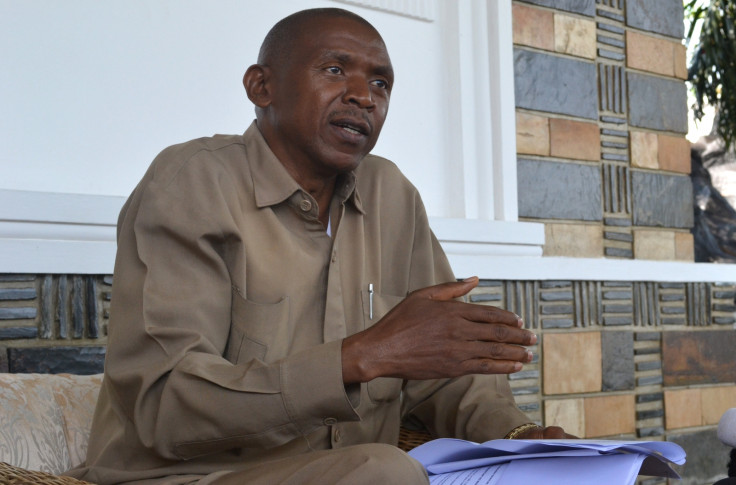Burundi: Opposition leader Agathon Rwasa rejects idea of transitional government

Burundi's main opposition leader has rejected the idea of a transitional government after more than 50 days of street protests that have swept across the country.
"Why should we think about a transition when we know that, according to the constitution, we should be renewing our institutions this year? If there is a small delay in doing so, we can find a compromise, it wouldn't be an issue," Agathon Rwasa, leader of the National Liberation Forces (Forces pour la Libération Nationale, FNL), told IBTimes UK.
It is estimated that 77 have died and around 150,000 civilians have sought refuge in neighbouring countries since the start of the violence on 26 April, when the National Council for the Defense of Democracy (CNDD-FDD) nominated President Pierre Nkurunziza to stand for re-election.
Opposition leaders want the president to step down or withdraw his third-term bid, claiming it violates the country's constitution and the Arusha Accords, a peace deal that ended ethnic civil war and established the foundation for Burundi's post-conflict recovery in 2005.
But Nkurunziza's supporters argue the president's first term should be discounted as he was chosen by the parliament and not by the people in an election, as is specified in the agreement.
'No institutional vacuum'
Rwasa, who says he will not boycott the controversial elections now planned for 15 July, claims the country needs to have elected a new president to avoid an institutional void by 26 August, when the power of Burundi's ruling CNDD-FDD expires.
"The opposition and civil society are not withdrawing from the electoral process, and do not boycott it. However, we want to make sure the process is improved for it to answer the minimum standards of a democratic election," Rwasa said.
"Some people are scared, but I think that if there is good faith, we will not enter an institutional vacuum. It is possible that before that date we go to the polls."
If that wasn't the case, though, Rwasa says he would agree on an extension of the power in place for "one or two months" rather than settling for a transitional government, which dynamics he claims "could be flawed".
"In any case, an extension would be better than a transitional government, which is not provided by the constitution, as much as Nkurunziza's third mandate is not established by the rules," he added.
On 8 June, Burundi's independent national electoral commission (CENI) announced its new calendar for the country's controversial elections, after the parliamentary election planned to take place on 5 June and the 26 June presidential poll were both were delayed amid security fears.
© Copyright IBTimes 2025. All rights reserved.






















